Employee engagement is about creating a high-performing workforce, where your employees are invested in your organisation and strongly believe in your mission, purpose and values. Employees who are engaged have an emotional commitment to working towards your organisational goals – and are more likely to stay with you.
A new study into employee engagement, analysing over 35 million responses, shows that wages, stress, workload and team dynamics aren’t necessarily what pushes people out the door; listening to employees is the key to keeping them on board, engaged and productive. How to achieve this? It’s about taking the time to create a culture of employee engagement so that staff feel seen, heard and recognised.
6 ways to create a culture of employee engagement
- Take a more collaborative approach
Does your organisation pass out instruction from the top down, or is there an opportunity to collaborate and encourage employees to weigh in on new initiatives? For greater employee engagement, and improved retention, think about how to involve employees in the process. By placing more focus on listening to staff, such as putting processes in place to gather employee feedback, you can identify potential areas for improvement.
- Offer more flexibility
Listen to your staff and take into account the demands of modern life. Flexible working can give employees a more positive work-life balance, decreasing stress and making them more productive and engaged. Millennials and Gen Z workers bring new ways of working to the workplace and for companies to remain competitive, they must take the lead in promoting home-working, flexible work hours, and reliable and up to date tech and equipment. Using the insights each new generation brings can help to attract the right workers, reduce staff churn – saving recruitment costs, as well as preventing stress and burnout.
- Provide volunteering opportunities within the workplace
Finding out what matters to employees and providing the opportunity for them to volunteer for a cause that they’re passionate about is a great way to boost morale and positivity and strengthen peer relationships, and in turn team productivity. Volunteering can also be a valuable tool for employees to deepen their connection to your organisation’s mission and purpose and the local community, which can in turn lead to accessing a wider pool of talent – as potential employees see volunteering opportunities as a great benefit when looking for new roles.
- Look after employee health and wellbeing
Healthy employees are more motivated at work, are at less risk of long-term illness and recover more quickly if they do become sick, so by encouraging a healthy workforce you are reducing sickness absence and making substantial cost savings. You can promote healthy living by speaking to employees about reducing stress and healthy eating habits such as encouraging staff to drink water and providing free fruit.
- Take the right approach to mental health
According to the TUC, in 2017/18 in the UK 15.4 million working days were lost to stress, depression or anxiety, accounting for 57% of all absences. Meanwhile, the Stevenson/Farmer Thriving at Work Review reported that poor mental health costs UK employers between £33 billion and £42 billion a year. With 1 in 6.8 of UK workers experiencing mental health issues in the workplace, it’s increasingly important that organisations offer the right support and take a positive approach to mental health awareness. Not least because when your employees know that they can comfortably discuss issues relating to their mental health, they are more likely to be engaged.
- Put policies into practice
While your policies may state that you have a positive approach to employee health and wellbeing, mental health, and other areas which make a positive contribution towards employee engagement, the way you promote your brand values internally should reflect these promises. Speak to staff to see if you’re falling down in any areas.
Remember, engagement can’t be forced – either by the organisation or employees. It must be part of the company culture, ingrained into the business and each employee.
If you’ve got a passion for employee engagement and want to gain a better understanding of its impact on businesses, Wrexham University offer an online Master of Business Administration (MBA) in Human Resource Management (HRM). Specifically targeted at those with aspirations to progress to board level or start their own business, it focuses on the key skills required of successful HR professionals, including talent development, reward management, resourcing and strategic HR frameworks as well as other business skills including finance, strategy and marketing, and developing practical and theoretical business leadership skills. It’s 100% online, so fits in around your current obligations, and with six start dates a year, you can start whenever you are ready. There are flexible payment options and postgraduate government loans to cover the full programme cost, for those eligible.
To learn more or to apply, visit https://online.wrexham.ac.uk/mba-hrm/




